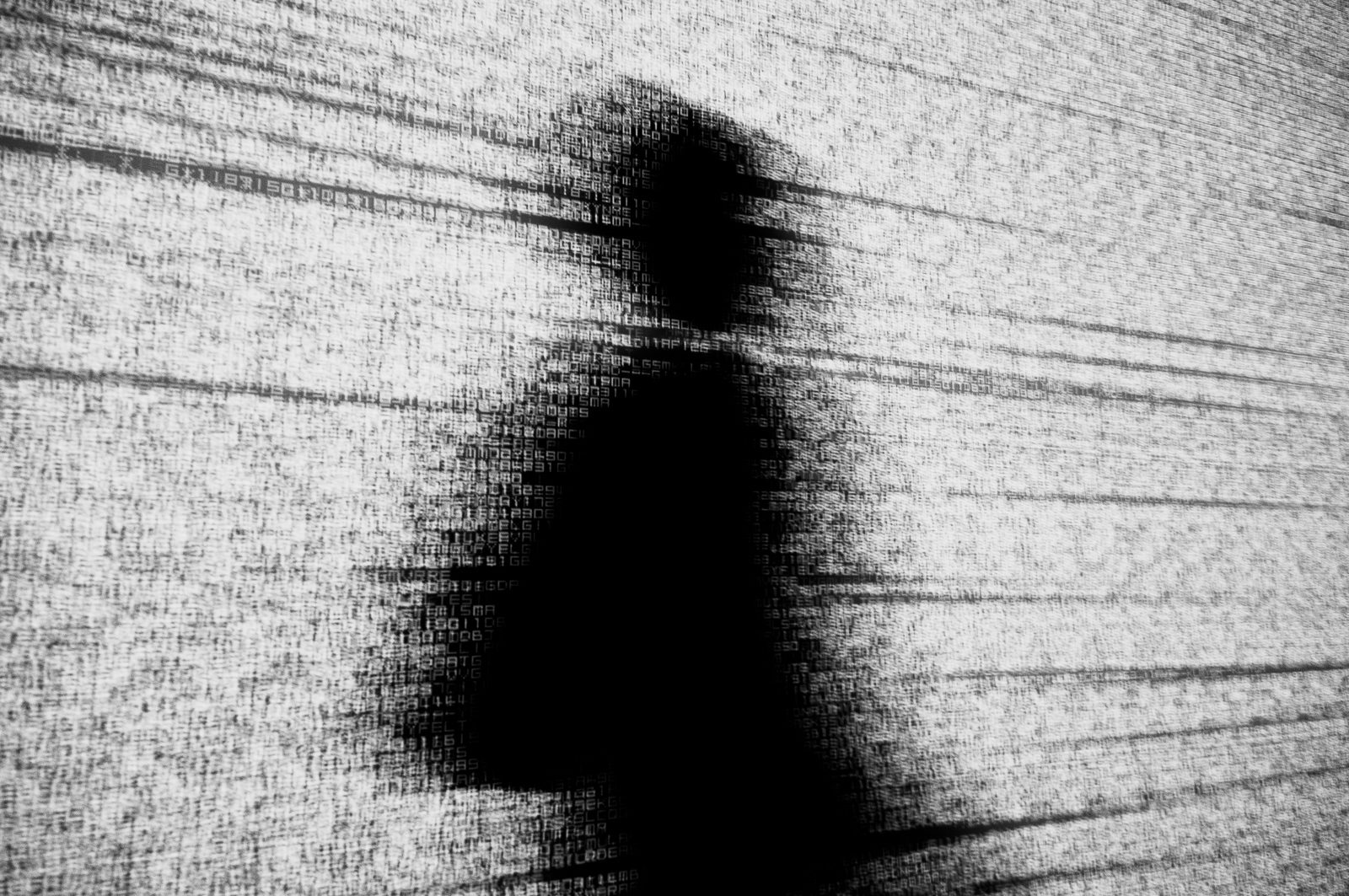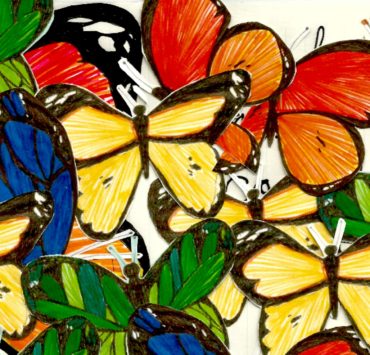
Fabienne Josaphat’s exhilarating debut novel is difficult to put down. Under the corrupt and brutal regime of François Duvalier, or Baron Samedi, to speak, write or act in resistance can lead to a quick and unwavering death sentence. And yet in Josaphat’s Dancing in the Baron’s Shadow, Nicolas L’Eveillé, bourgie law professor, cannot resist resistance. In his teaching—to the dismay of his brother Raymond, his wife Eve, and his academic colleagues—he is honest with his students about his revolutionary thinking on Papa Doc. He writes a socialist manifesto and he delivers liberal lectures. He is not careful enough. In 1965 Haiti, the bogeyman is real and multiplies: Tonton Macoutes arrest Nicolas, raid his home, and throw him in prison.
The edge-of-your-seat storytelling rides on the tension between Nicolas L’Eveillé, and his brother Raymond. The two are opposites: in childhood, Raymond, unlike his bookish brother, was “like any good farm kid, could always dig a perfect trench in the soil, find his way home by the position of the sun, or synchronize the harvest with the moon.” Unimpressed and uninterested in the hard labor of his family farm, Nicolas excelled at school, and now the brothers, both in their thirties, have lives that are starkly different. Nicolas enjoys a well-paying career, a well-kept home that is staffed with servants, while Raymond struggles to feed his family on his inconsistent cabbie wages. The two inevitably butt heads: there is a tangible rift between the two brothers whose social and economic standing do not encourage them to see eye to eye, and in fact their interaction are colored by distaste and contempt for each other.
It is in the heart of Raymond’s beat-up cab that the story opens. Off-duty, just outside the center of Port-au-Prince, Raymond is faced with a difficult task: save a hunted man, his wife and child from impending death by Macoute. Though at first in the hot sun Raymond “falters,” a “cool calm settled in him” and he unlocks his Datsun for the man and his family who call him “brother.” And what triggers this change of heart? The simple question he internally asks: “What kind of man was he?”
Though we may believe that Raymond is unlike his brother in conviction because he doesn’t pen a book-length manifesto, and more like his sister-in-law Eve who states “’I want nothing more than to see this regime crumble…There isn’t a place in hell hot enough for Duvalier to roast in. But why take silly risks, right?’” Raymond is the true heroic rebel of this story. His actions answer to what kind of man he is more than any talk or written work. In fact, the crux of the story is his daring plan to help his brother escape from prison by getting sent to Fort Dimanche himself, destroying the last vestige of his life as sacrifice to save his brother. Nicolas asks Raymond on his arrival to prison “‘Why are you here?…This is madness,’” and, as expected in any great story of redemption, Raymond responds plainly: “You’re my brother.”
How does one dance in the Baron’s shadow? Baron Samedi never makes a bodied appearance, but just at the start, we see his face caressed by Raymond as the cabbie palms money that share the book’s cover image. Eve tells her brother-in-law: “The Baron is cunning, Raymond, You never know who’s spying for him. The walls have ears.” This shadow is ghost-like, but that doesn’t make it any less real. To me, good dancing seems to predicate on surprise. The best numbers will make you gasp; will deal in what is unexpected between beats and moments. In choreography it’s even trickier: one wrong move is loud and ominous. It’s a fine line, a horrible balance: a misstep will not be ignored. Raymond’s perilous heist could not be anything other than a dangerous dance.
What is truly stunning about this book is Fabienne Josaphat’s formidable ability to maintain a long and detailed utterance of action. Though at its surface plot-driven, the story is enthralling in its minute detail and image. The suspense is palpable, and can be most felt in times of relief. At the books victorious end, the two brothers are in Raymond’s new, shiny and plush cab, and rather than mourn the silence between them, “[t]he brother’s relished” in it, driving off in an ending that feels like a long deserved exhale.
Image Credits: r2hox

Lucia LoTempio is the author of Hot with the Bad Things, forthcoming from Alice James Books in May 2020. Lucia hails from Buffalo, NY and left to earn an MFA in poetry at the University of Pittsburgh. You can find her poems in Passages North, The Journal, TYPO, Quarterly West, as part of the Academy of American Poets poem-a-day series, and elsewhere. With Suzannah Russ Spaar, she co-authored the chapbook Undone in Scarlet (Tammy 2019). Lucia is still in Pittsburgh, where she works at the literary nonprofit City of Asylum.







